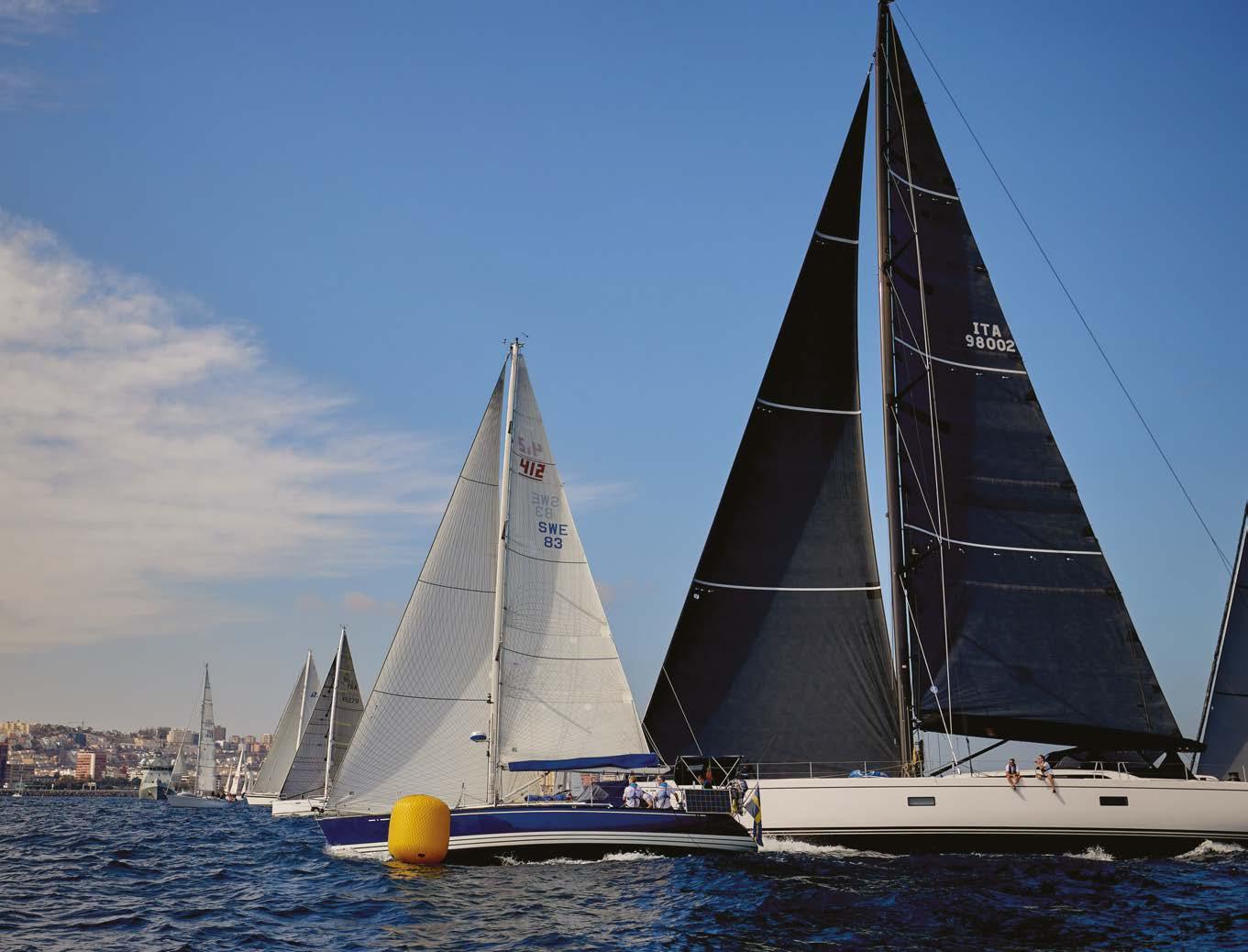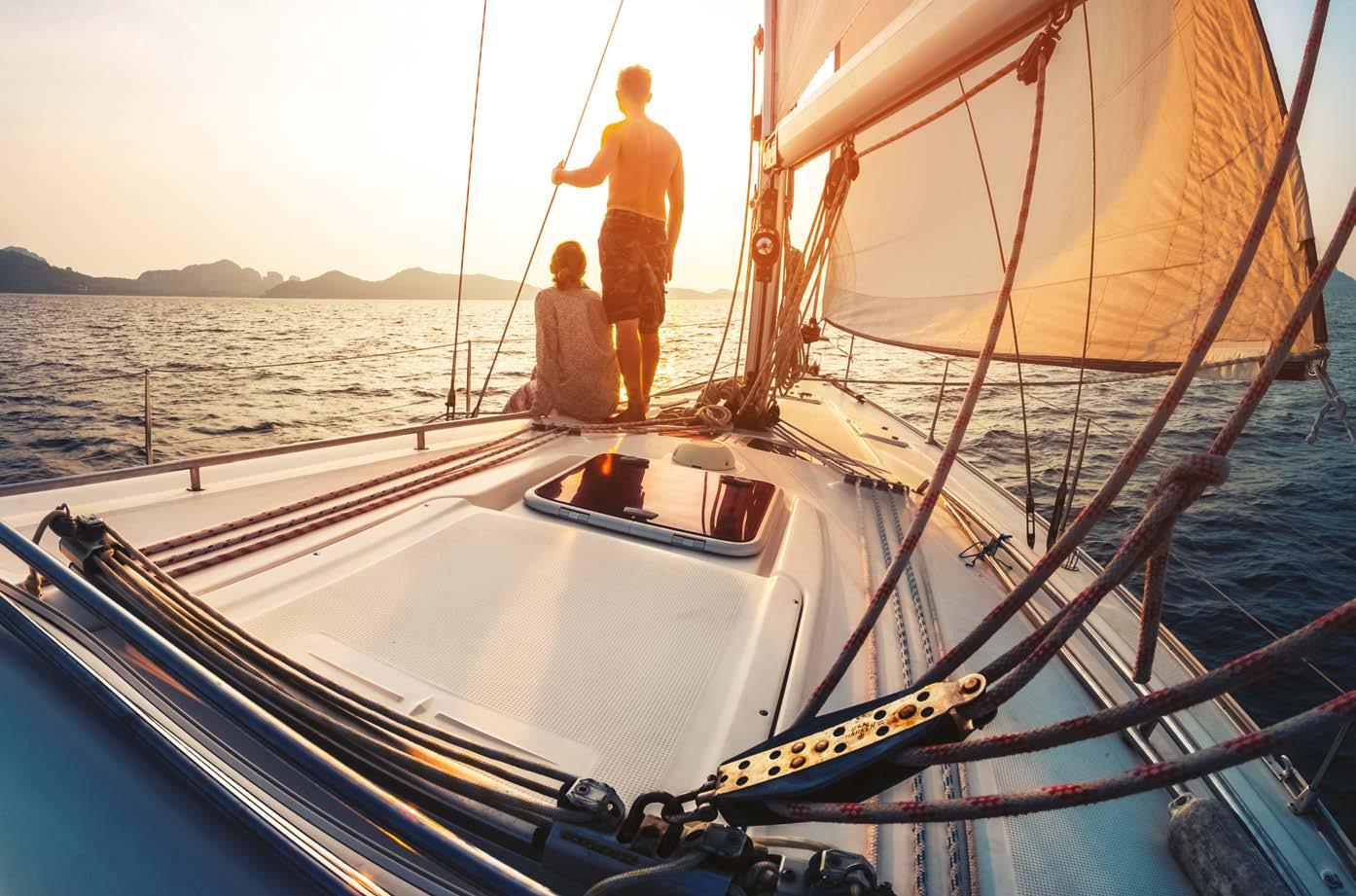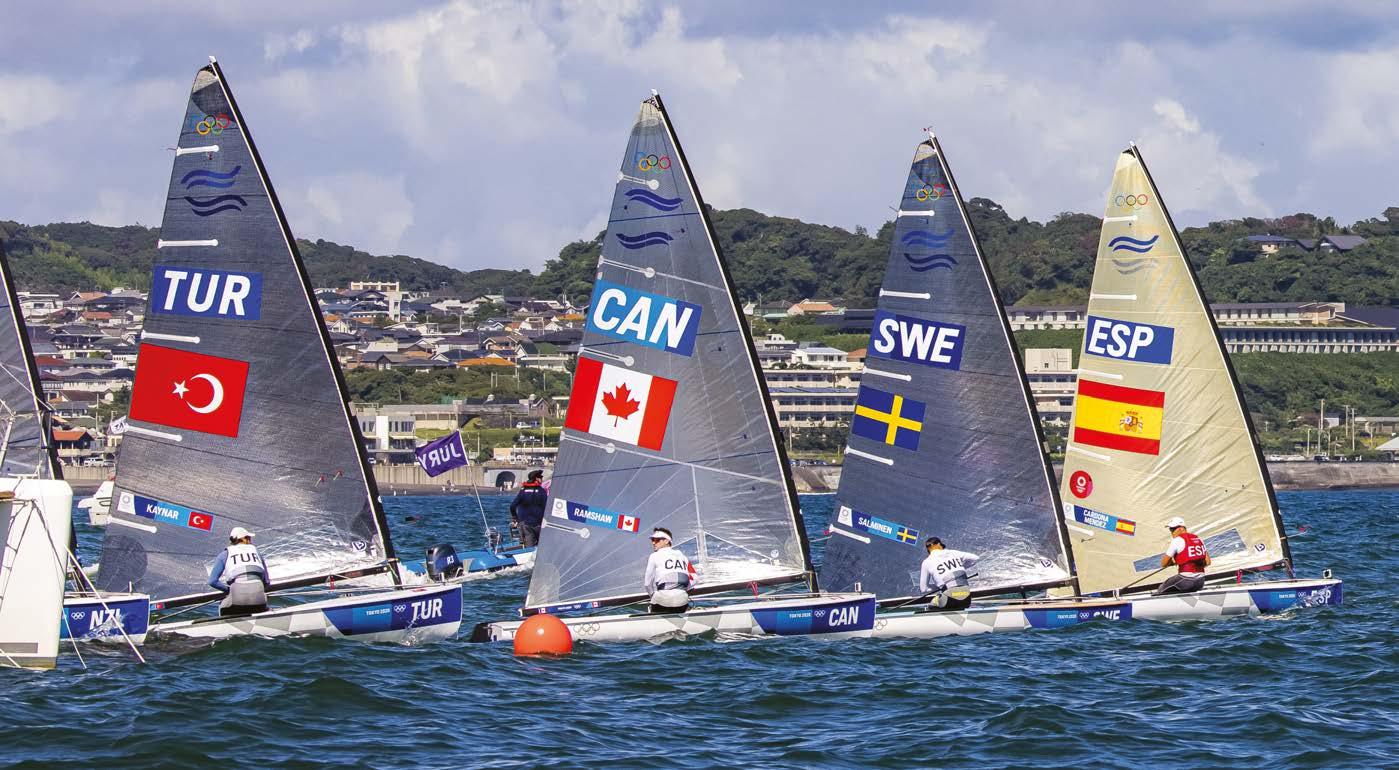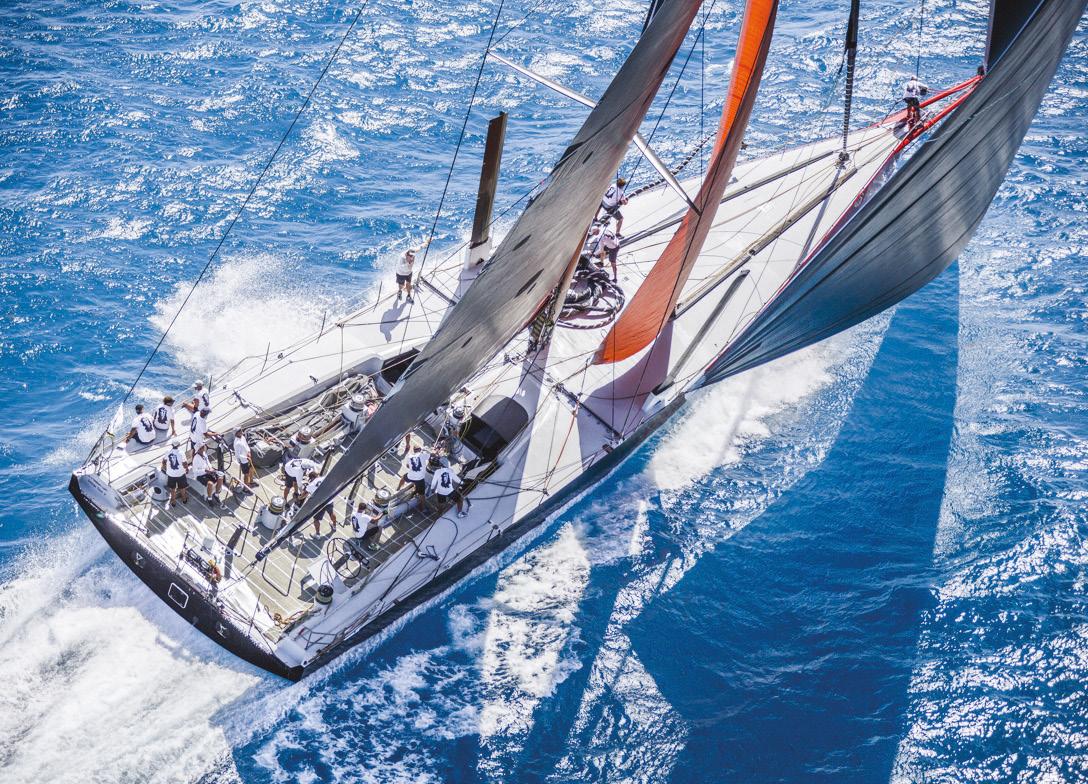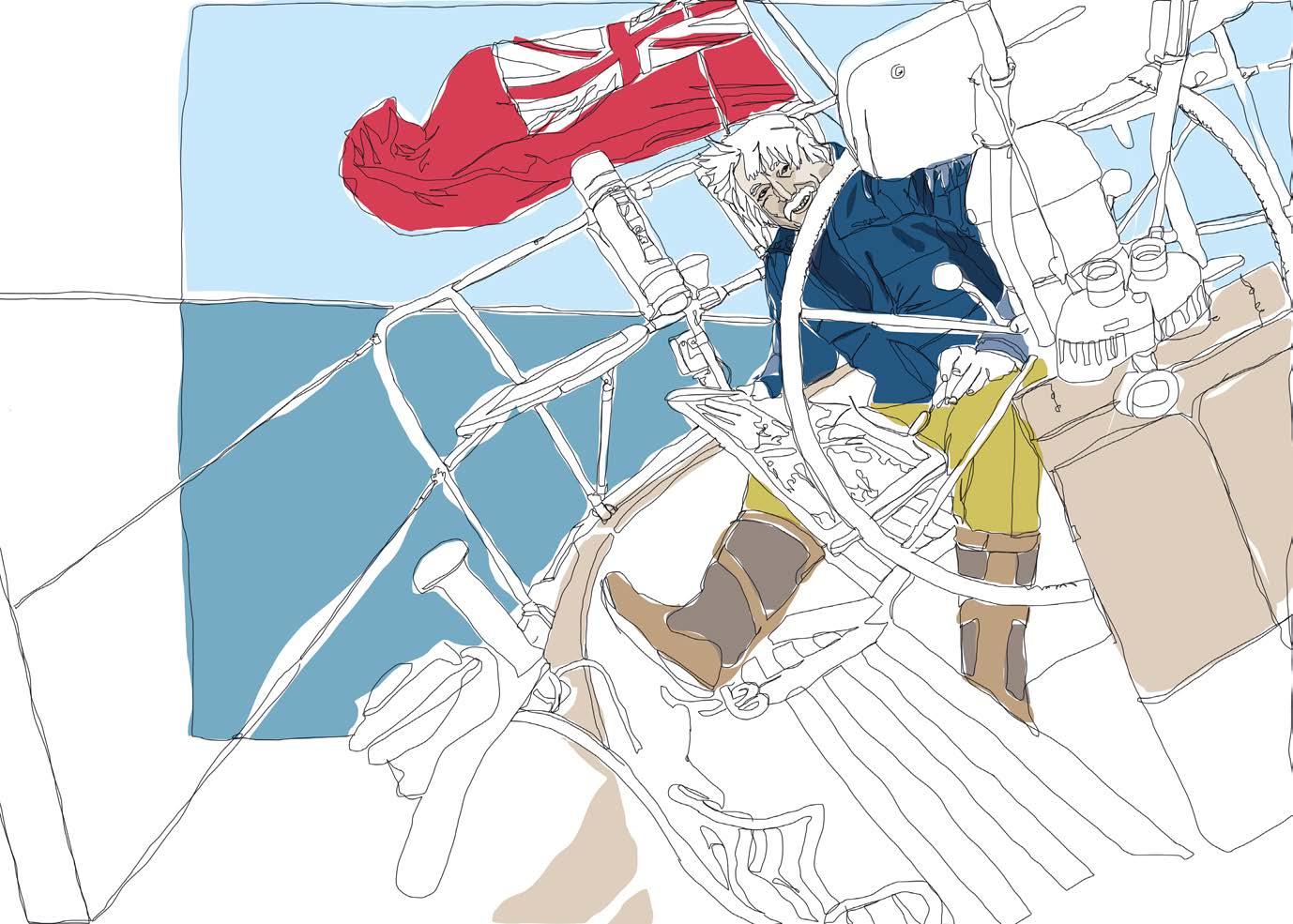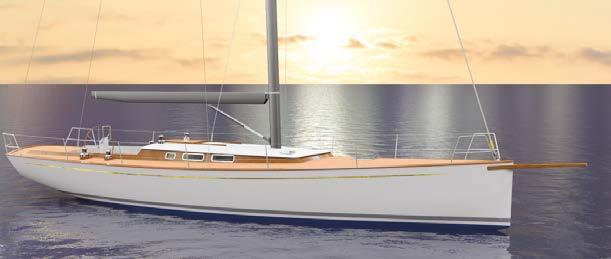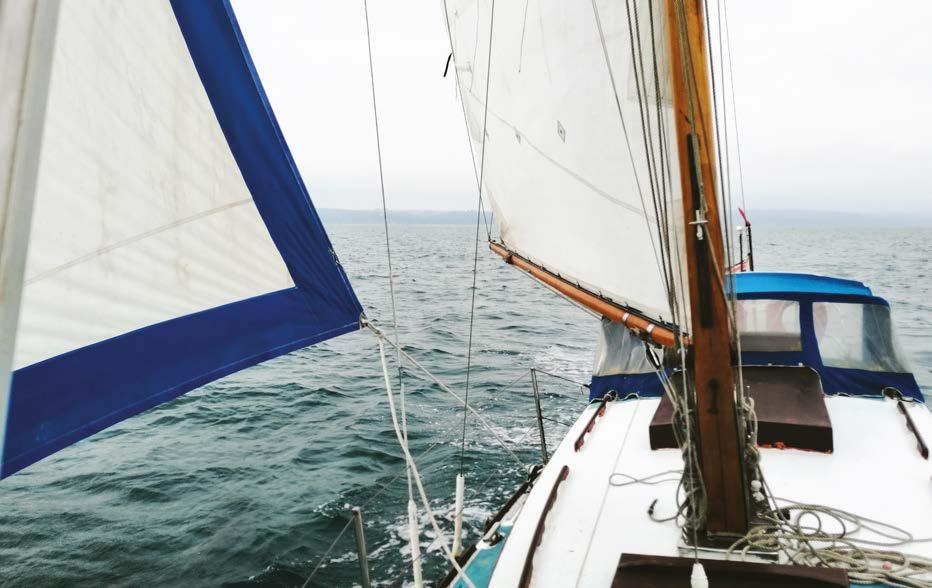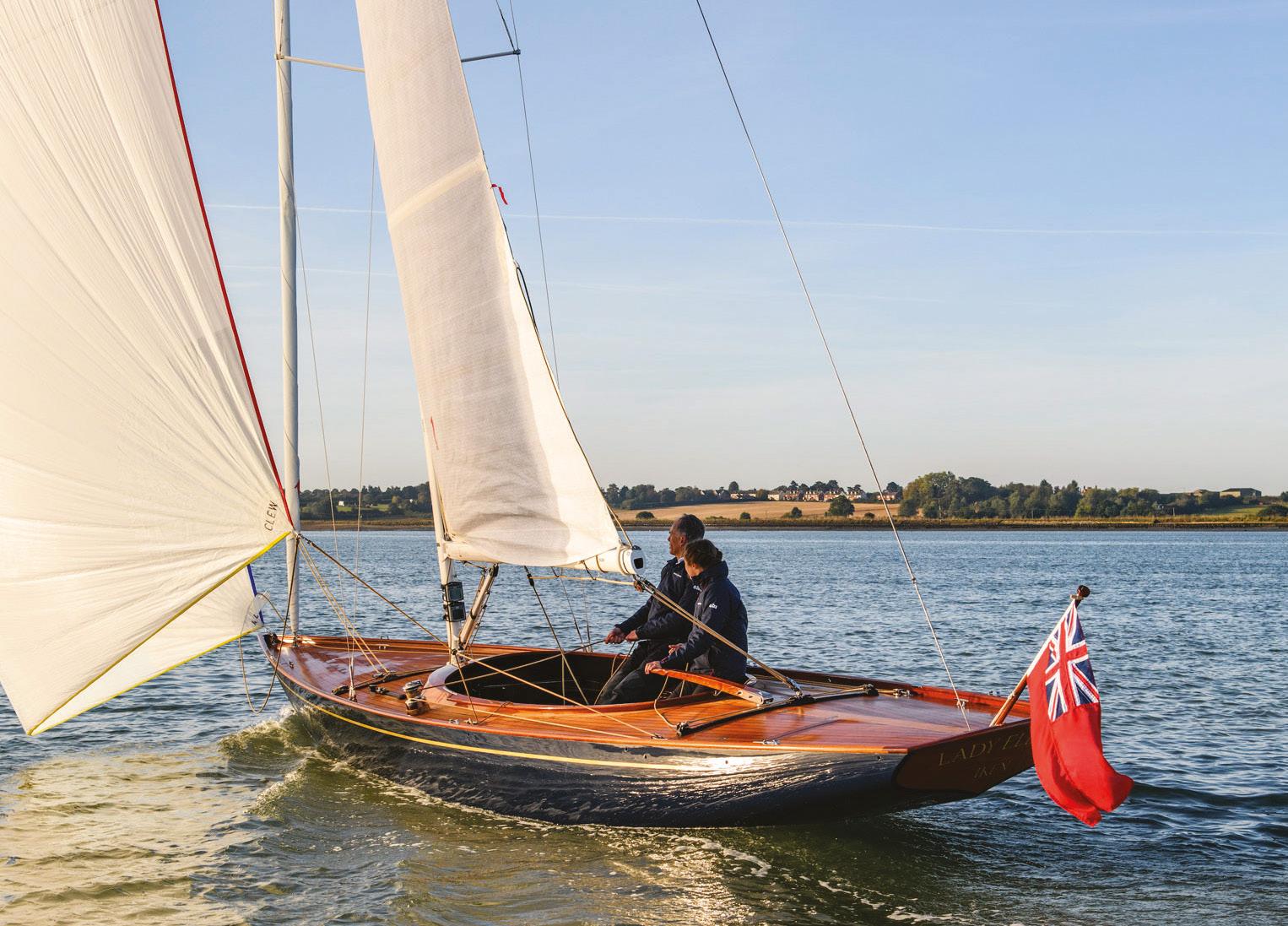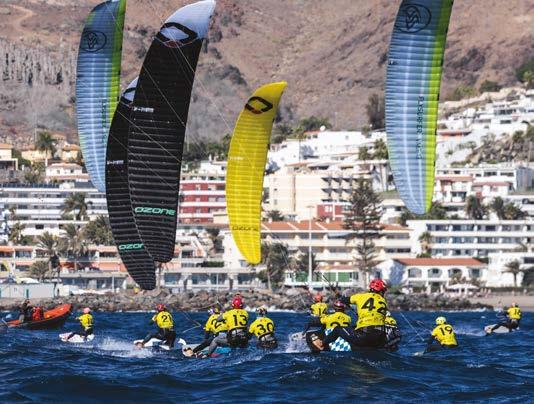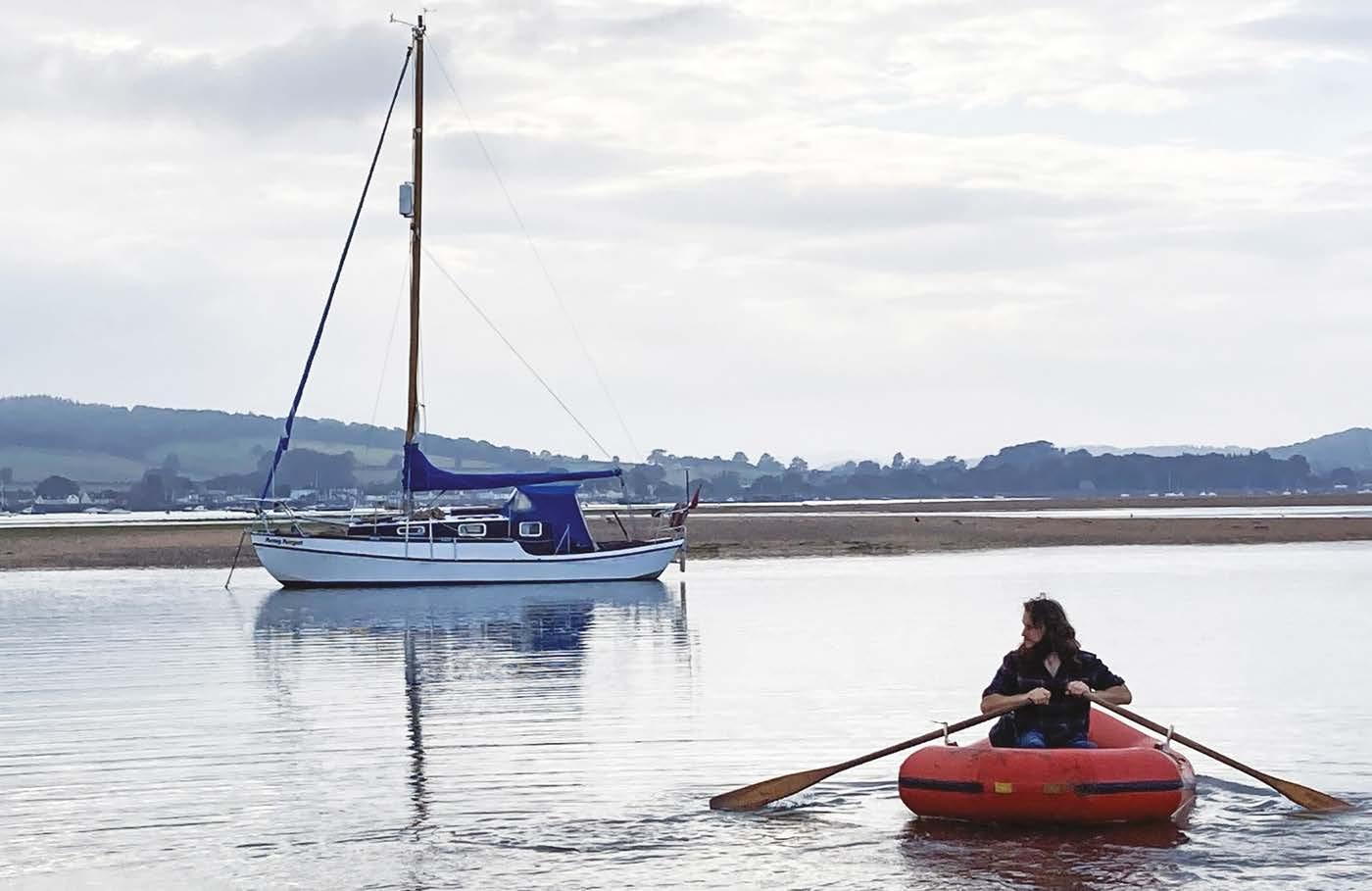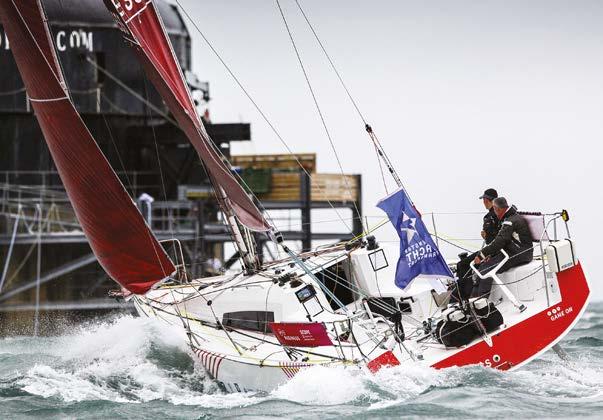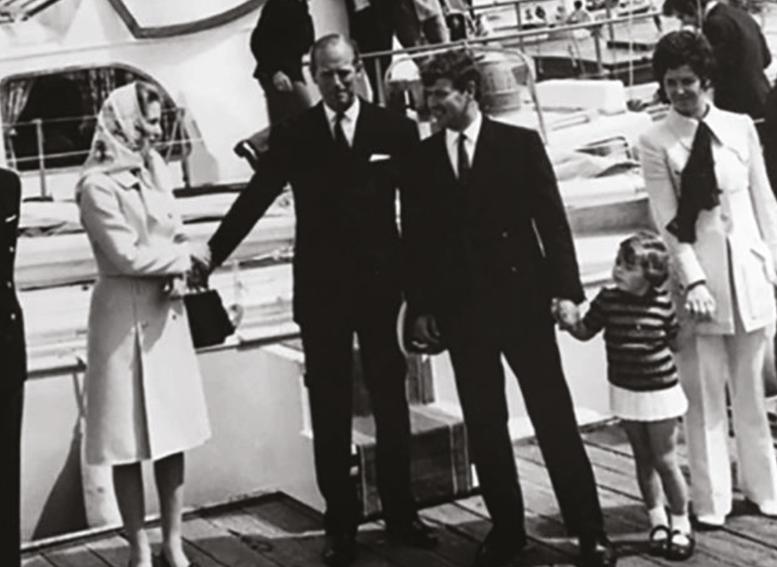Cruising - Living aboard on a budget
discussed is the need for a surveyor. While these knowledgeable individuals are undoubtedly experts in their field, I had forgone their services in favour of my own, highly untrained eye. Accepting the risk that I may have missed some vital, and as yet undiscovered defect, here I must mention another aspect of Morag that set her apart: she had been looked after. Quite simply, the previous owner had spent the last 40-odd years constantly tinkering with her, and it was only a failure of the weight of old age that had resulted in the sale. Many other boats in the price bracket that fitted my constrained financial circumstances had languished in yards for years, sometimes decades. Consigned to barns and the back of cowsheds, they had been all but forgotten, until some reshuffle had forced their sale. Left like this, the possibility for deterioration had skyrocketed, leaving many with serious structural problems that would have been time-consuming to fix at best, and downright dangerous at worst. Now in possession of my new floating home, low ceilings, leaky roof and all, it became obvious that a proper budget was called for. Again, the modern miracle that is the internet would be no help; budgets found online were often very far removed from the reality ahead of me. So, repairing to an excellent local watering hole, the Castle in the Air, I began to draw up a monthly budget, covering food, fuel, and maintenance, amongst the other vital elements that would keep me afloat.
A modest budget
I set aside £20 per week for food, with lentils, rice, and things-in-tins high on the menu; in a month this would be close to £80. For berthing, I set the arbitrary monthly figure of £150, on the assumption that I might be forced to pick up a mooring buoy from time to time. I was already paying £20 a month for my phone, the data from which would double as my internet access. Assuming that I would need to refill the tanks about once a month, I set aside for diesel
38
£55, and a further £10 per month for butane gas for the cooker. During the winter, I would need to light the small paraffin heater – I estimated about £15 per month extra should be enough. Furthermore, one of the constants of boating life is that things break. With this in the forefront of my mind, I planned to set down £125 monthly to cover emergency expenses. I had already paid for a year’s insurance that covered cruising in the UK and Ireland; it had cost me £72. With the addition of a small amount of personal spending, this came to just £681. My next consideration was berthing. This was easy; I would be on board the vast majority of the time, so anchoring was the obvious choice. At this, however, I hit a snag: many (although by no means all) ports that I would otherwise have stopped at charged harbour dues, prohibiting long stays, and those that didn’t often had anchorages far away from any of the shore facilities that I would no doubt need. Then, it struck me. Many of the larger harbours, especially those which took the form of estuaries, had large areas of creeks
FEBRUARY 2022 Sailing Today with Yachts & Yachting
ABOVE A tranquil, well protected anchorage is a liveaboard's idea of heaven BELOW The benefits of a bilge keel fully demonstrated
and drying mudflats that, while they gave no indication of suitability for anchoring, didn’t exactly prohibit it either. I was sure that no one would object to my presence, as long as I didn’t obstruct anything and was careful not to make a mess. In this way, I often found myself but a short row (no outboards here) from exactly the sort of bustling seaside town that I might otherwise have been forced to leave behind. Tucked amongst flotillas of moored yachts, and using two anchors to limit my swing, I was quite able to blend in without any trouble, despite being far away from the lights of other yachts at anchor, and as of yet, I have seen no sign of the dreaded harbourmaster’s launch appearing to move me on. Morag’s ability to take the ground was another aspect that had caught my attention. I had suspected that I would be obliged to take berths that were less than ideal and being able to dry out expanded my options no end. Aside from my creative choice of anchoring spots, the ability to head upriver on a tide before drying out has saved me from many an uncomfortable night. At first, power was drawn from the engine, where its miraculously long-lasting batteries allowing me to use lights and charge phones while being only occasionally obliged to run the engine. The addition of a solar panel, charge controller and inverter allowed me to forgo the engine altogether for my electrical needs as well as the need for frequent trips ashore simply to charge a laptop.



